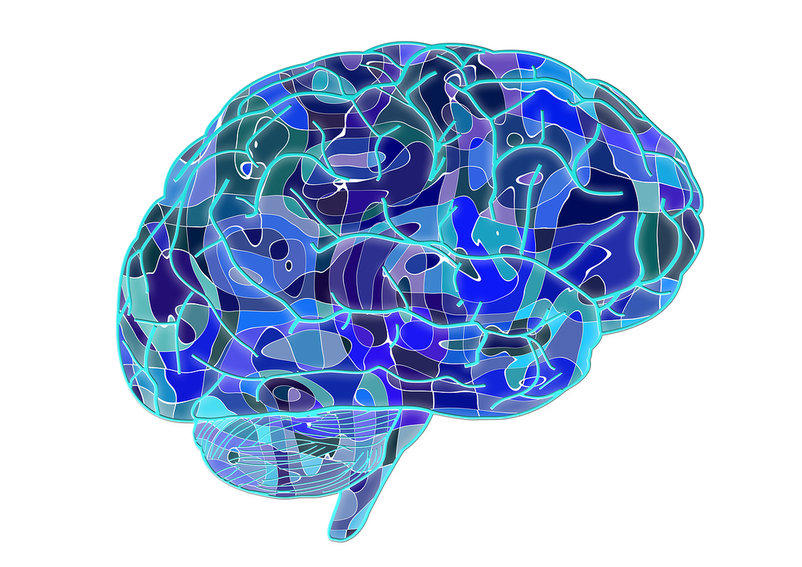New Sleep Therapy Can Relieve Fibromyalgia Symptoms
Fibromyalgia (FM) is a common disorder that often results in widespread chronic muscular pain. The two major criteria for diagnosis of FM are: 1. pain in multiple parts of the body, and 2. The pain causes significant secondary symptoms. Currently, the causes of FM are unknown; however, genetics, significant physiological or psychological stress, and previous exposure to viral infection are suspected to play a role in the onset of FM symptoms. One of the most common symptoms of this disorder is insomnia due to uncontrollable pain. Chronic pain induces insomnia, insomnia induces more pain, creating a vicious cycle. Insomnia refers to a sleep condition in which patients have difficulty falling or staying asleep. In fact, a significant majority of FM patients report at least some sort of trouble with sleeping.
Neuroimaging techniques such as Magnetic Resonance Imaging (MRI) seem to show that FM is associated with tissue loss in the brain, specifically with the thinning of the cerebral cortex (decreased cortical thickness). The cerebral cortex refers to a crucial portion of the brain that contributes to many significant brain functions, such as memory, conscious thought, and other cognitive ability. New treatment options aim to increase cortical thickness using behavioral therapy. Behavior therapy attempts to alleviate symptoms of FM by causing changes in lifestyle and behavior.
A study performed at the University of Florida tested this new therapy to see if it would result in increases in cortical thickness or decreases in brain tissue loss. One group in the experiment received cognitive behavioral therapy for pain while the other group received cognitive behavioral therapy for insomnia. Each group was taught the basics and techniques of how to continue their treatment for the long term, and MRIs were performed after 8 weeks of therapy in order to assess the extent of tissue loss.
Neuroimaging techniques such as Magnetic Resonance Imaging (MRI) seem to show that FM is associated with tissue loss in the brain, specifically with the thinning of the cerebral cortex (decreased cortical thickness). The cerebral cortex refers to a crucial portion of the brain that contributes to many significant brain functions, such as memory, conscious thought, and other cognitive ability. New treatment options aim to increase cortical thickness using behavioral therapy. Behavior therapy attempts to alleviate symptoms of FM by causing changes in lifestyle and behavior.
A study performed at the University of Florida tested this new therapy to see if it would result in increases in cortical thickness or decreases in brain tissue loss. One group in the experiment received cognitive behavioral therapy for pain while the other group received cognitive behavioral therapy for insomnia. Each group was taught the basics and techniques of how to continue their treatment for the long term, and MRIs were performed after 8 weeks of therapy in order to assess the extent of tissue loss.
Image Source: geralt
The group receiving pain therapy underwent considerable pain training, activity-rest cycle training, cognitive restructuring, and various relaxation techniques over the course of 8 weeks. The insomnia group underwent similar training, however in relation to aiding proper sleep techniques. This group studied various sleep hygiene practices, relaxation, and sleep restriction methods. Researchers concluded that the group receiving therapy for insomnia saw an increase in cortical thickness while the group receiving therapy for pain still saw cortical thinning.
Unfortunately, FM is currently a chronic disorder that will generally last throughout a patient’s lifetime. While this study found promising results, future research on this type of therapy is still necessary in order for it to become a more widespread treatment option. More studies on common FM ailments could shed light on the physiological processes that cause chronic pain and may lead to improved treatments that can significantly enhance the lives of those affected by FM.
Unfortunately, FM is currently a chronic disorder that will generally last throughout a patient’s lifetime. While this study found promising results, future research on this type of therapy is still necessary in order for it to become a more widespread treatment option. More studies on common FM ailments could shed light on the physiological processes that cause chronic pain and may lead to improved treatments that can significantly enhance the lives of those affected by FM.
Featured Image Source: geralt
RELATED ARTICLES
|
Vertical Divider
|
Vertical Divider
|
Vertical Divider
|






